0 Comments
More people in the U.S. are addicted to food than any other substance including drugs or alcohol. So, let’s talk about some of the signs that you might have an addiction to food or are a food addict.
WARNING: This video contains explicit language. I always find it fascinating talking with people who are having issues with losing weight or who have lost a lot of weight but have put all or most of it back on. So many have the same attitude and reasoning about why they gained the weight back—I got hurt; I got sick; the diet I was on got too expensive; I got tired of eating like that and exercising; or, I hit my goal and just went back to the way things were. And for many of us who have been or are currently overweight or obese, there’s something that you’re just going to have to do before you’re ever going to truly keep the weight off—you are going to have to admit that you have an addiction.
 Photo Source: Off The Grid News Photo Source: Off The Grid News Why do the stores charge so much more for healthier foods? Jen and I grocery shop at least once a week. We normally do our shopping on Saturday or Sunday for the upcoming week. I'll usually cook up our proteins—chicken, beef, turkey—on Sunday so it is easy to pack our meals for the day. One thing that's really alarmed us is the huge price difference between grocery stores for many of the same items that are on the healthier side. Examples: In the last post, we mentioned the appeal of the “quick fix,” especially when you are at your wit’s end with weight loss. For a number of years now, pyramid marketing, or as it’s commonly referred to now as multi-level marketing (MLM), has been used with many weight loss products. Companies marketing these products tend to coerce, intimidate and pray upon those who are looking for the “quick fix” to lose weight. To make it even more appealing, some companies offer incentives to sell the product as well.
We can't tell you how many times over the last 4-5 years we've been approached by “associates” of these different products. We refuse to use our influence to make money off of the same people we are trying to help live a healthy lifestyle. Recently, we have noticed one company in particular that has become very aggressive in their marketing and recruiting efforts and we feel it needs to be addressed. Know that you have resources. Know that there are people you can reach out to and places you can go to seek help. These resources include organizations like OA (Overeaters Anonymous), your doctor, a registered dietician, and perhaps a licensed therapist or behavioral specialist—someone to help you identify the root cause of your over eating and deal with the issues at hand.
Is there anything I can do to fight my addiction? Food addiction is an eating disorder. Other eating disorders we are familiar with include anorexia and bulimia. The psychological issues associated with eating disorders are similar to those that accompany addiction. The American Psychological Association estimates that about 5 million Americans suffer from a diagnosable eating disorder. And according to a 2007 analysis of government data, roughly one-third and one-quarter of people with bulimia and binge-eating disorder, respectively, will also have an alcohol or drug problem at some point in their lives. However, when attempting to overcome a food addiction, it is important to understand that it cannot be overcame the same as other addictions. As mentioned early, this is one addiction we truly cannot abstain from.
So what do we do? The key to overcoming a food addiction is uncovering the underlying issue. Here is an example. In Monday’s post, Dan talked about overeating, an eating disorder. Many people who over eat also have an addictive personality. In today’s post, Dan talks about addiction and the addictions he has faced. This is part one of a three-part series. Image found at weheartit.com I always feel FAT!
Why is it that I always feel like the fat kid, even though I have lost weight and I am in great physical shape? There isn't a day that goes by that I don't feel like I'm overweight. When I look in the mirror, I don’t see the guy who has lost over a hundred pounds. I see a person who could lose another 30, 40, maybe 50 pounds. Once you've been in competition shape—having your body fat around 3%—and put yourself on stage, you will always want to be that person, especially if you have had body image issues in the past. Unfortunately, maintaining those goals is incredibly difficult. A very small percentage of people look like that year round. We tend to associate the body image issue with young woman who develop eating disorders such as anorexia or bulimia. Overeating is also an eating disorder. It has been almost one year since I lost 100 pounds. You would think this would start getting easier...but it's NOT!
For those of you who have an addictive personality, you may understand that we can find ourselves falling back into old habits that can cause problems in our lives. Addictions can be with alcohol, cigarettes, drugs and yes, even for some of us it's FOOD! |
Archives
September 2024
Categories
All
|


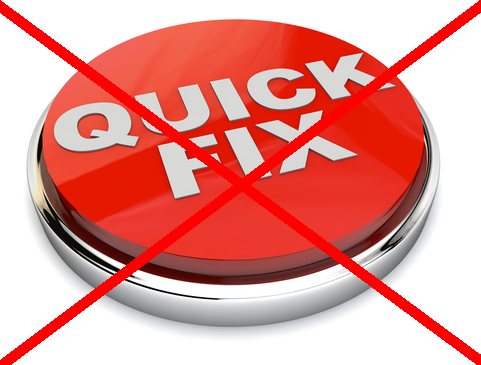
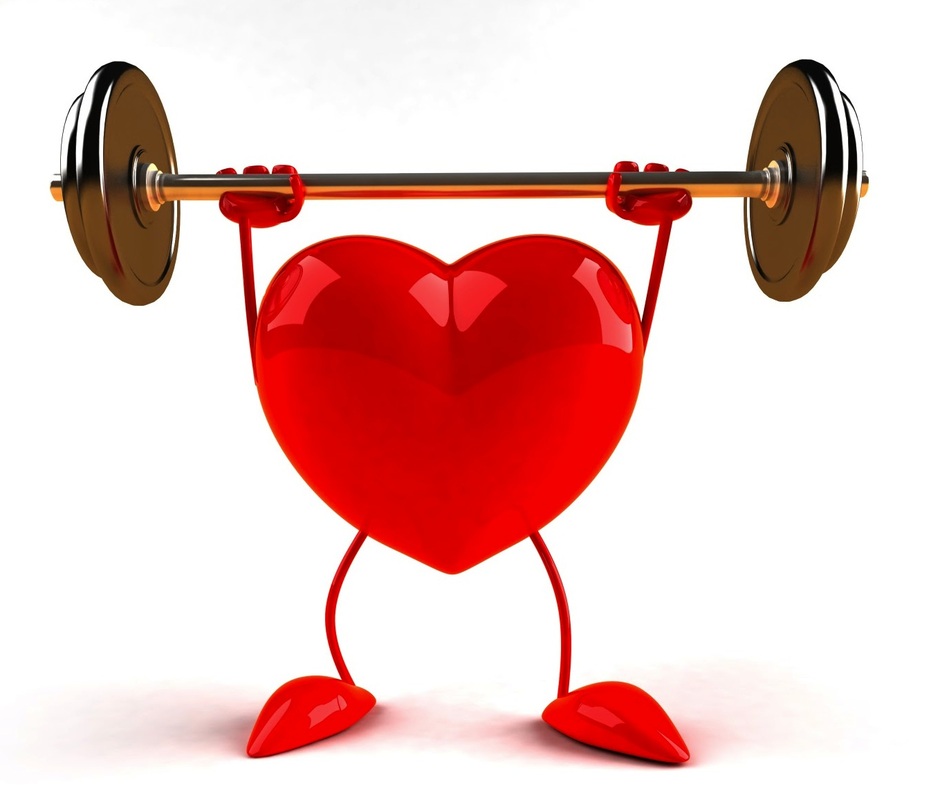
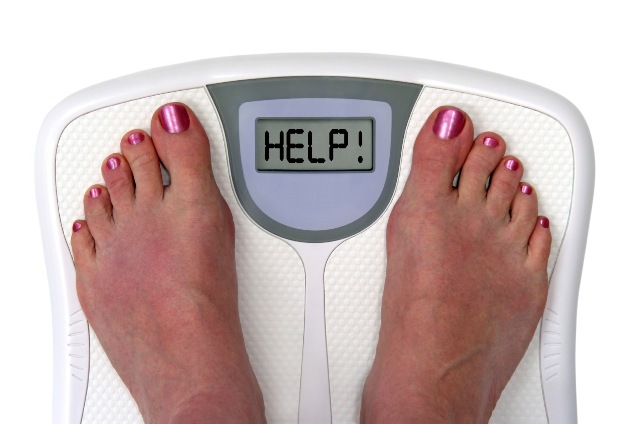
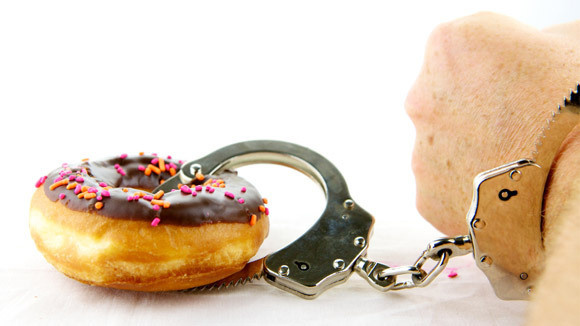
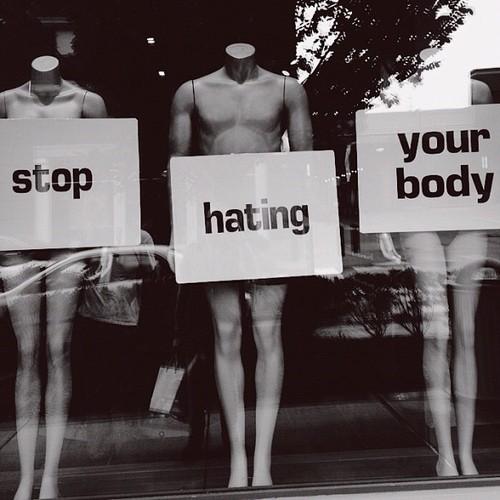
 RSS Feed
RSS Feed